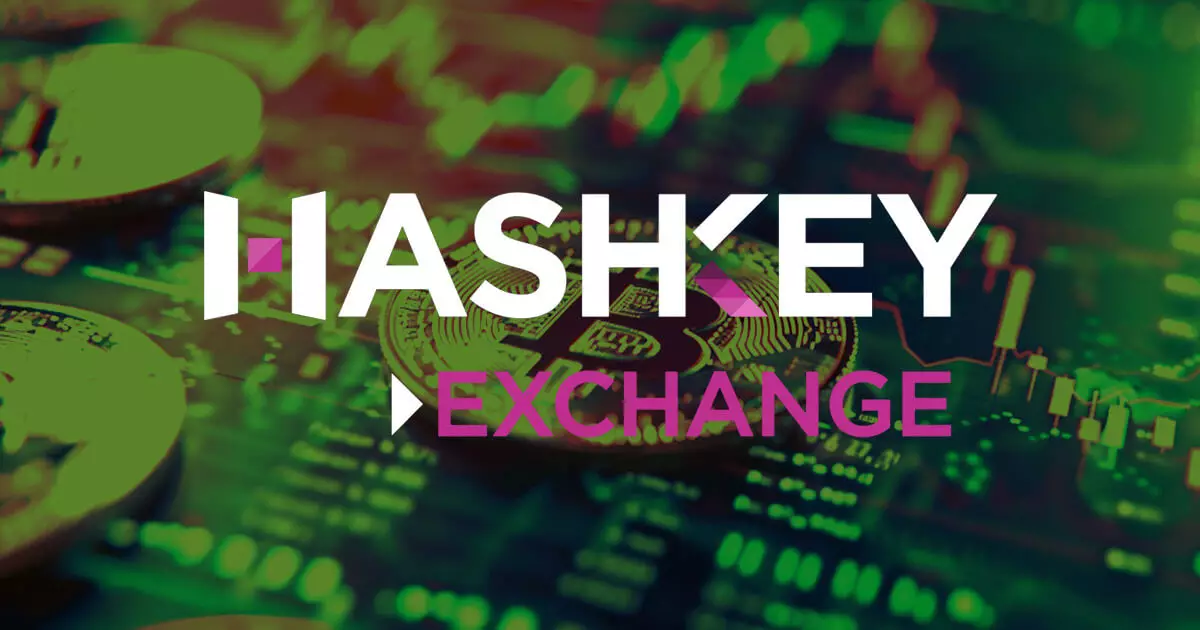Recently, crypto exchange HashKey announced its intention to stop supporting transactions related to Binance, a popular cryptocurrency exchange. The decision, made public on April 19, entails restrictions on deposits from Binance starting May 10 and a complete end to support for virtual asset withdrawals to Binance-hosted wallet addresses by May 17. Despite this, transactions involving virtual assets to whitelisted unhosted wallet addresses will not be affected.
HashKey cited a “change in its policy” as the primary reason behind its decision to discontinue support for Binance-related transactions. However, the exchange did not elaborate on the specifics of the new rules. This move comes after HashKey terminated support for crypto deposits from all third-party exchanges except Binance back in December 2023. At that time, HashKey imposed restrictions on deposits from Binance, accepting only amounts exceeding 8,000 HKD and subject to certain guidelines.
As one of the few licensed exchanges in Hong Kong, HashKey serves both institutional and retail investors. The company has been making significant advancements in its operations, including receiving regulatory clearance to co-launch a spot Bitcoin exchange-traded fund (ETF) with Bosera International. The Hong Kong Securities and Futures Commission (SFC) approved an upgrade to HashKey Capital’s existing License 9, enabling the platform to offer virtual asset fund product services to retail investors. Additionally, HashKey unveiled a global crypto trading platform that obtained licensing in Bermuda, allowing it to provide digital asset trading services in various countries.
The decision by HashKey to cease Binance-related transactions adds to the challenges Binance is facing in different legal jurisdictions. Last month, HKVAEX, an entity associated with the Richard Teng-crypto trading platform in Hong Kong, abruptly ceased operations and withdrew its licensing application. Nigerian authorities detained two executives from the platform, accusing Binance of exacerbating foreign exchange challenges. Notwithstanding these issues, Binance has been shifting towards a compliance-first approach and has made progress in its regulatory efforts, especially in India and Dubai.
The decision by HashKey to end support for Binance-related transactions is a significant development in the cryptocurrency exchange landscape. As companies navigate the evolving regulatory environment, ensuring compliance and addressing legal challenges are becoming crucial aspects of their operations. The repercussions of these decisions are likely to shape the future of the cryptocurrency industry and influence the strategies adopted by other exchanges.
















Leave a Reply